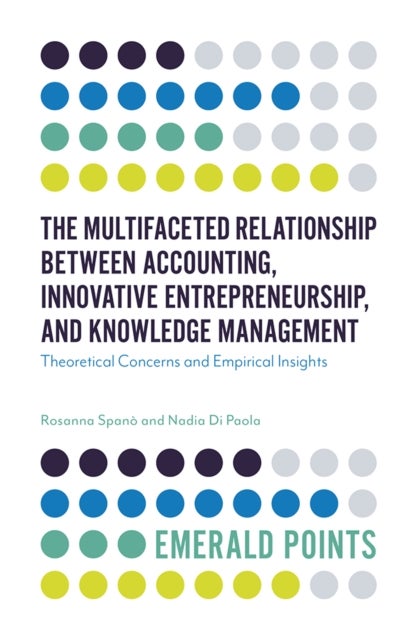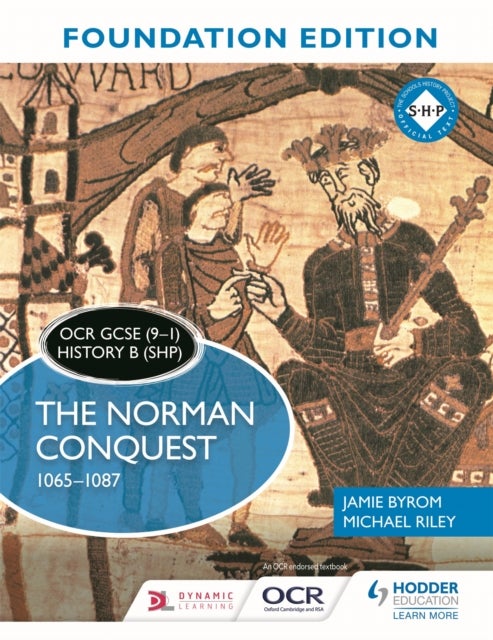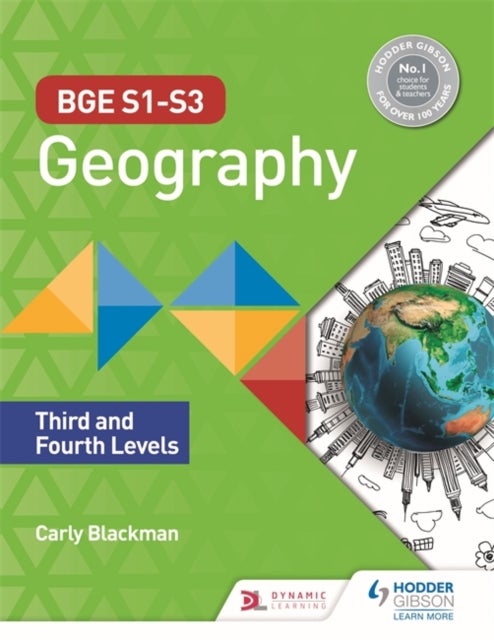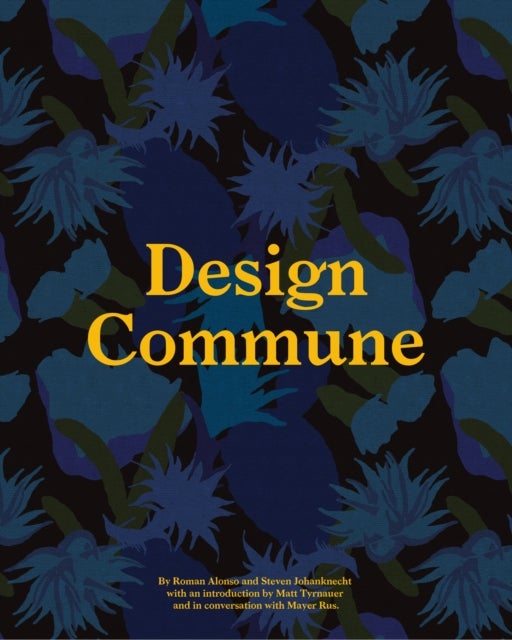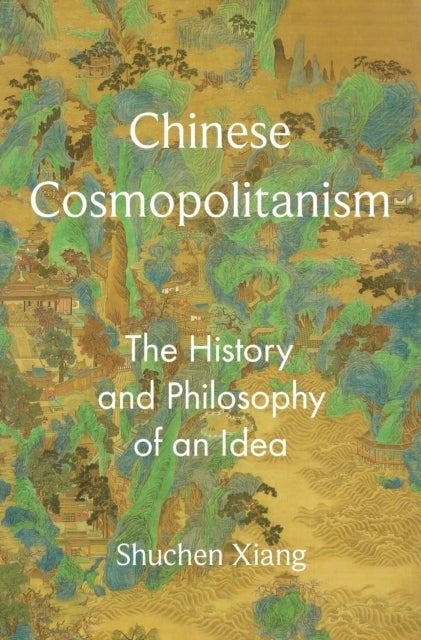
Chinese Cosmopolitanism av Shuchen Xiang
399,-
<p><b>A provocative defense of a forgotten Chinese approach to identity and difference</b><br><br>Historically, the Western encounter with difference has been catastrophic: the extermination and displacement of aboriginal populations, the transatlantic slave trade, and colonialism. China, however, took a different historical path. In <i>Chinese Cosmopolitanism</i>, Shuchen Xiang argues that the Chinese cultural tradition was, from its formative beginnings and throughout its imperial history, a cosmopolitan melting pot that synthesized the different cultures that came into its orbit<b>.</b> Unlike the West, which cast its collisions with different cultures in Manichean terms of the ontologically irreconcilable difference between civilization and barbarism, China was a dynamic identity created out of difference. The reasons for this, Xiang argues, are philosophical: Chinese philosophy has the conceptual resources for providing alternative ways to understand pluralism.<br><br>Xiang explai

